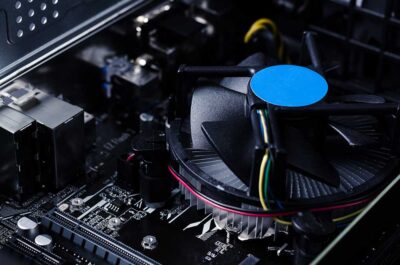 PC overheating is a common problem that can be caused by a number of factors, including:
PC overheating is a common problem that can be caused by a number of factors, including:
- Dust buildup: Dust can clog up the fans and vents in your computer, preventing airflow and causing it to overheat.
- Overclocking: Overclocking your computer can cause it to run hotter than normal.
- Too many programs running: Running too many programs at the same time can put a strain on your computer’s CPU and cause it to overheat.
- Faulty fans: If the fans in your computer are not working properly, they may not be able to keep it cool enough.
- Damaged thermal paste: The thermal paste between your CPU and the heatsink helps to transfer heat away from the CPU. If the thermal paste is damaged or dried out, it can cause the CPU to overheat.
If you think your computer is overheating, there are a few things you can do to diagnose and resolve the problem:
- Check the temperature of your computer. There are a number of software programs that can do this, such as SpeedFan or HWMonitor.
- Check the fans in your computer. Make sure they are all spinning freely and that there is no dust buildup on them.
- Close any programs that you are not using. This will free up CPU resources and help to cool down your computer.
- If the fans are working properly and there is no dust buildup, you may need to replace the thermal paste on your CPU.
- If you have overclocked your computer, you may need to reduce the clock speed.
If you have tried all of these things and your computer is still overheating, you may need to take it to a professional for further diagnosis and repair.
Here are some additional tips to help prevent your computer from overheating:
- Keep your computer in a well-ventilated area.
- Avoid using your computer in direct sunlight.
- Clean your computer regularly to remove dust buildup.
- Upgrade your cooling system if necessary.
- Avoid overclocking your computer.
- Close any programs that you are not using.
- Monitor the temperature of your computer regularly.
By following these tips, you can help to keep your computer cool and prevent it from overheating.
